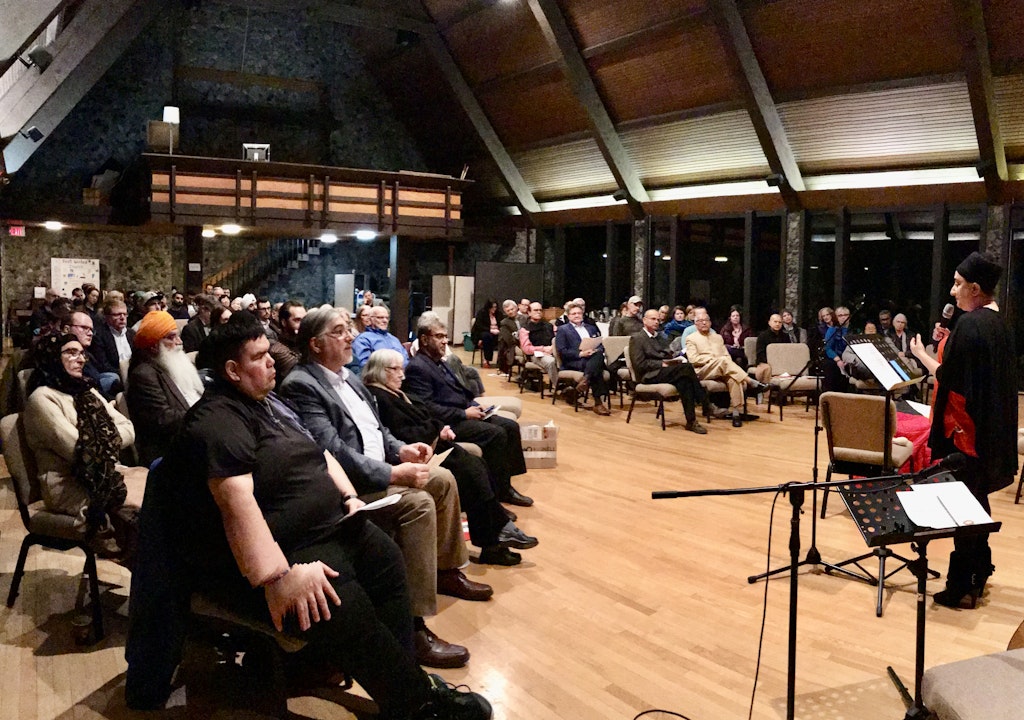In the exploration of the Baha’i teachings surrounding dreams and the soul, one embarks on a profound journey that uncovers multifaceted dimensions of existence, intermingling the seen and the unseen. The Baha’i Faith, rooted in the principles of unity and the transcendence of the human spirit, offers a unique lens through which to understand the significance of dreams and their implications for the afterlife. This discourse illuminates the delicate interplay between individual experiences in the dream state and the concept of the soul’s journey beyond this earthly plane.
One of the fundamental tenets of the Baha’i Faith is that the soul is a radiant essence, inherently divine and immortal. This belief engenders a rich framework within which to examine dreams, understood as a potentially revelatory medium through which the soul may express its aspirations and insights. Baha’i writings indicate that dreams can serve as portals to deeper spiritual realities, often offering guidance, warnings, or comfort to the dreamer. Such experiences merit serious contemplation, as they may reflect the soul’s desires or its connectivity to the divine.
Within this context, it is integral to consider the nature of dreams themselves. Baha’i teachings accentuate that dreams possess a dual character: they can mirror the subconscious musings and psychological states of the individual or transcend these limitations, providing glimpses into the spiritual realms. This duality invites introspection regarding the purpose of dreams and their role in personal and spiritual development.
Ultimately, dreams can function as a catalyst for transformation, beckoning individuals to engage with their innermost thoughts and feelings. For instance, a recurring dream may prompt an individual to confront unresolved issues, thereby facilitating healing and progress in their spiritual journey. In this way, dreams tend to blur the lines between the material and the spiritual, urging one to consider the implications of their soul’s trajectory.
Moreover, the Baha’i perspective encourages adherents to approach dreams with a discerning mind. It is posited that not all dreams deliver significant messages or insights; hence, critical reflection upon one’s dreams can elucidate their true meanings. Such discernment can be vital, as some dreams may arise from mundane preoccupations, while others may truly resonate with the deeper layers of one’s spiritual existence. The conscious examination of dreams may foster the cultivation of virtues such as patience, humility, and resilience, thus promoting a proactive approach to personal growth.
The Baha’i teachings also underscore the interplay between dreams and reality, suggesting that the experiences encountered in dreams may have reverberations in the material world. For instance, an individual may awaken from a dream imbued with a sense of urgency or resolve, inspiring them to enact change in their waking life. Such realizations exemplify the potential for dreams to serve as catalysts for action, prompting the dreamer to align their life more closely with their spiritual truths.
Furthermore, Baha’i thought posits that dreams and the afterlife are interlinked realms of existence. As the soul transitions from this world to the next, the dream state may continue to operate, albeit in a markedly altered form. This viewpoint instills a sense of continuity in the soul’s journey, suggesting that the essence and experiences carried in dreams may persist beyond the confines of physical limitations. It is incumbent upon individuals to cultivate a profound understanding of their spiritual existence, not merely existing within the material world but actively engaging with all dimensions of their being.
Such a perspective invites curiosity about the nature of life beyond this earthly plane. The Baha’i traditions illuminate the belief that the soul continues to evolve and progress after death. This journey is seen as one of learning and development, where the accumulated experiences of earthly life, including those gleaned from dreams, contribute to the soul’s ascension and transformation. This concept inspires hope and invites reflection on the value of human experiences, urging individuals to recognize the sanctity inherent in every stage of existence.
Moreover, understanding dreams through the Baha’i lens cultivates an awareness of the interconnectedness of all souls. The teachings advocate for a collective approach to spirituality that transcends individualism. As many share similar experiences through dreams, this notion paves the way for discussions and exchanges that enrich the spiritual community. This collective understanding reinforces the essential idea that humanity is bound together, not only in the physical realm but also in the spiritual journey that unites all souls.
In conclusion, the Baha’i perspective on dreams and the soul underscores a profound invitation to engage with the complexities of human existence. As adherents explore the significance of dreams, they are urged to recognize their potential for self-discovery, transformation, and connection to the divine. The teachings compel individuals to contemplate the afterlife not as a distant reality but as an extension of their earthly experiences, infused with continuity and growth. This exploration promises to shift one’s perspective, encouraging a deeper understanding of the interplay between dreams, the soul, and the greater cosmos. Ultimately, the teachings foster an insatiable curiosity about the unknown, inviting every seeker to delve into the mysteries that lie both within and beyond.
